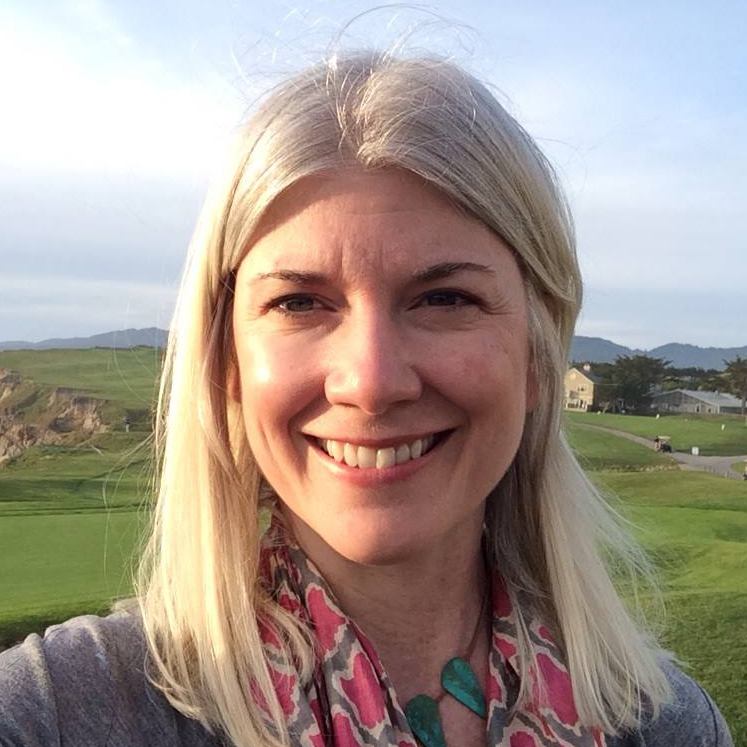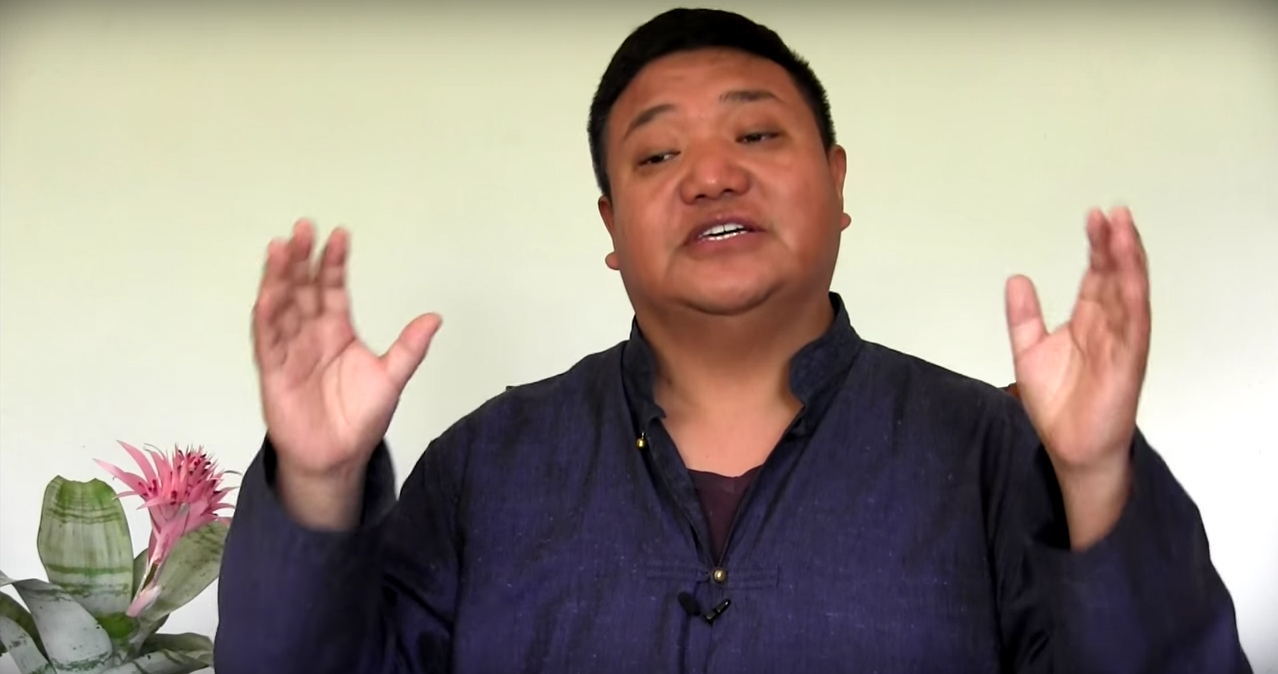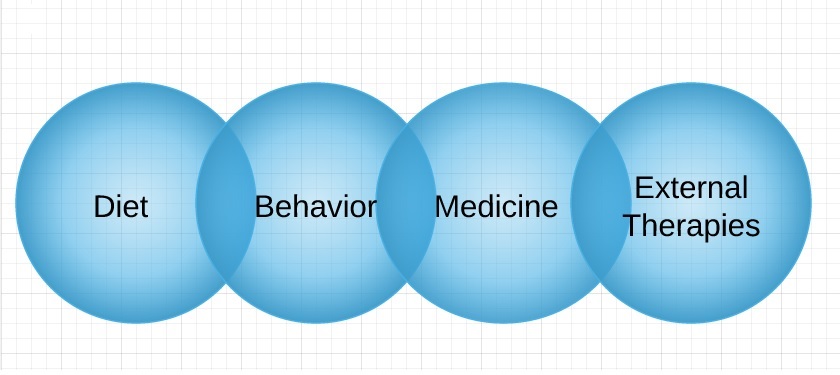Understanding Karma Through the Lens of Buddhist Psychology
By Julie Flynn Badal ~~~
In the Western world, the concept of karma is frequently misunderstood. Many people take the term karma to mean one’s predetermined fate or destiny. This interpretation has a fixed and fatalistic quality, as if there is little or nothing one can do to change one’s current situation.
However, through the lens of Buddhist contemplative psychology, we can come to understand the notion of karma as something more fluid and transformative. Working with a Buddhist psychologist, individuals can begin to examine how past traumas have shaped perceptions of reality and reactions to the present moment. In this way, we can begin to see how karma is not what happens to us, but what we do with what happens to us.
To understand the relationship between our individual history and karma, I turned to an expert. Dr. Miles Neale, a Buddhist psychotherapist with Nalanda Institute of Contemplative Science and a popular meditation teacher at the Tibet House in New York City. His classes frequently touch upon the relationship between karma and trauma.
Julie Flynn Badal: To begin, can you explain how you view the role of a Buddhist psychotherapist in today’s world?
Miles Neale: A Buddhist psychotherapist acts as a bridge between East and West, ancient and modern, mystical and scientific. Our role is to serve as an interpreter of Buddhist teachings, while using the vehicle of intimate relationship to inspire wellbeing and altruism. We’re invested in healing the individual psyche, but also in raising the consciousness of the planet.
“The psyche and the soul yearn to be reunited in our scientific-minded culture, whether we are overtly aware of it or not.”
JFB: Why do you feel it’s important to integrate Buddhist philosophy into the field of psychology?
MN: Culturally, we are entering an age of integration. Respective fields and industries have become so specialized and robust they are now able to collaborate and link together. We are forging new systems that provide solutions that potentially no specialized field could have done alone. The productive dialogues between his Holiness the Dalai Lama and Western psychologists, neuroscientists, physicists and environmental activists are clear examples of how a cross-cultural and interdisciplinary meeting of minds is not only feasible, but also treasured at this moment. The psyche and the soul yearn to be reunited in our scientific-minded culture, whether we are overtly aware of it or not.
Technically speaking, the practice of psychotherapy could benefit from the meditative tools and pro-social perspective that Buddhism offers. Psychotherapy’s major contribution to mankind has been to create a healing space to witness and process shadow material, or unwanted aspects of our humanity. Psychotherapy has allowed us to deeply explore and integrate the ugly side of the psyche, such as fear, shame, trauma, alienation, fantasy and rage.
While Buddhism does address these destructive instincts, it also focuses on exceptional levels of sustainable wellbeing, pro-social emotions like compassion, and ecstatic states of bliss. It’s not often in psychotherapy that we speak of bliss, peak potential or social change for the benefit of others. The Buddha offered the world perhaps its first coherent psychology, and well ahead of its time. Buddhism has always been integrative in nature, drawing on what would now be the modern equivalents of quantum physics, positive psychology and subtle-body neuroscience.
JFB: What does a session with a Buddhist psychotherapist look like in practice? How is the Buddhist approach to psychotherapy differentiated from other more traditional forms of therapy?
MN: Initially, Buddhist psychotherapy might not look all that different from other conventional psychotherapies. However, there are several distinct features to my sessions drawn from the Buddhist perspective. The first objective is to get clients out of their heads in order to work directly with stored, often painful emotions in the body. Second, I empower clients to identify and intervene with the karmic propensities that create and reinforce unproductive or destructive patterns. Third, I broaden the scope of therapy beyond the clinical hour so that clients develop a healthy lifestyle that includes ethical values and mindfulness of their interactions with others. I may encourage my clients to enroll in a comprehensive contemplative education or establish a meditative practice such as regular sitting, yoga, tai chi, creative arts, or even in two cases, stand-up comedy!
“Karma is often misunderstood as a kind of impersonal, cosmic law of justice and retribution that conveniently accounts for why things happen to us. But in a traditional Buddhist context, karma is not defined by what happens to us, but how we perceive what happens to us.”
JFB: You mentioned that one objective of Buddhist psychotherapy is to learn to recognize one’s “karmic propensities.” How is the idea of karma commonly misunderstood? And how do our “karmic propensities” perpetuate false views of the self in relation to the world?
MN: Karma is often misunderstood as a kind of impersonal, cosmic law of justice and retribution that conveniently accounts for why things happen to us. When we get a promotion at work, we call it good karma. When we have a relationship break-up, it’s bad karma. But in a traditional Buddhist context, karma is not viewed this way. Karma is not defined by what happens to us, but how we perceive what happens to us. It is how we subjectively experience reality based on how we have acted in the past.
More specifically, the Buddha took the word karma from its Vedic context. It meant ritual cause and effect. It was then reinterpreted to mean psychological cause and effect. In other words, our motivations and actions are causes that later produce subjective or perceptual effects.
“The question is how to cultivate a more balanced outlook, so we can face all life experiences with greater resilience, ease, and creativity.”
The Indo-Tibetan contemplative science suggests that how we think, speak and behave rewire and color our perceptions. These perceptions then filter future events and result in specific subjective experiences of either pleasure or pain. With this view, we can see how the experience of a promotion or break-up is ultimately empty. The events lack any fixed, singular, or inherent meaning and are open to subjective interpretation. An individual with a glass-half-full attitude might be able to experience a break-up with gratitude, compassion, and dignity. On the other hand, someone with a glass-half-empty attitude might view a promotion as a stressful burden. The question is how to cultivate a more balanced outlook, so we can face all life experiences with greater resilience, ease, and creativity.
Our current intentions and actions shape our future perceptions and attitudes. This is why contemplative science and spiritual traditions have always recommended acting virtuously. The Buddha presented a coherent psychology that clarified the underlying mechanism of karma playing out in the nervous system. In lieu of religious dogma, Buddhism provides a rationale for rewiring the mind to maximize our innate and unique capacities.
About the Authors











